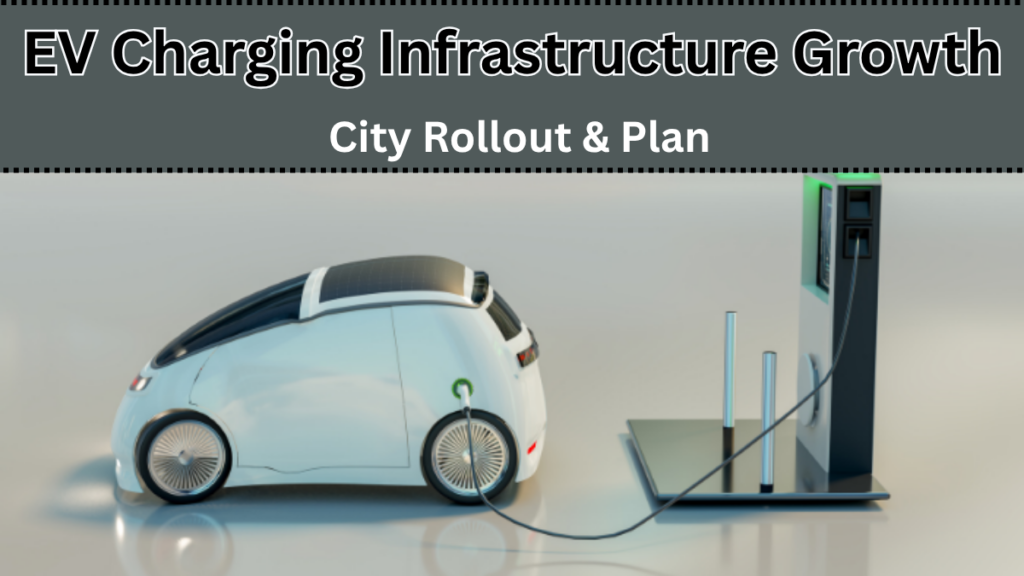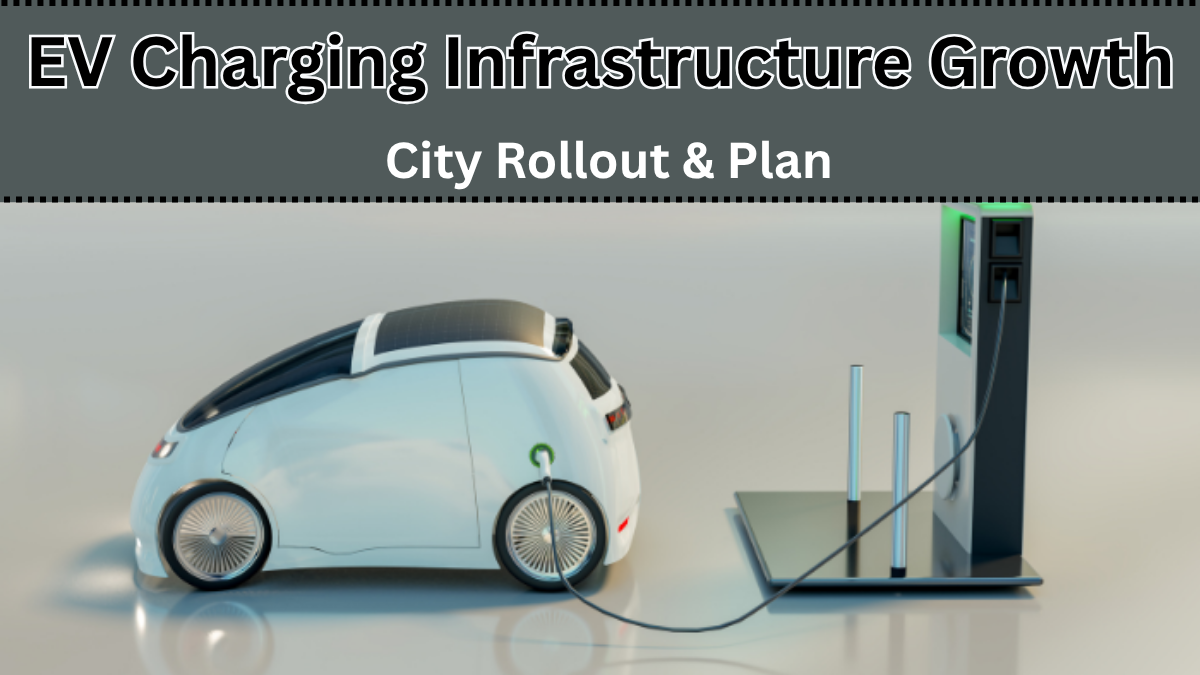India is racing toward a greener, cleaner future—and EV Charging Infrastructure Growth 2026 India is leading the charge. With the electric vehicle market booming and government backing getting stronger, India is preparing for a major EV push by expanding its charging network across major cities and highways.
Let’s dive into how the EV charging 2026 roadmap looks and what cities will experience major developments in the India electric network.

Why India Needs EV Charging Infrastructure Now More Than Ever
India’s electric vehicle market is expected to grow exponentially by 2026. But without a robust charging infrastructure, the EV revolution could stall. Here’s why the focus on infrastructure is critical:
-
Rapid EV Adoption: With more affordable models and government incentives, EV sales are soaring.
-
Urban Congestion: Cities need clean transport solutions to cut emissions.
-
Sustainability Goals: India’s climate targets rely heavily on clean energy mobility.
-
Range Anxiety: Users need assurance that new stations will be available nationwide.
Key Highlights of India’s EV Charging Plan for 2026
Nationwide Expansion Strategy
| Feature | Details |
|---|---|
| Target Year | 2026 |
| Charging Stations (Goal) | Over 100,000 public EV charging stations |
| Major City Rollouts | Delhi, Mumbai, Bengaluru, Hyderabad, Chennai, Pune |
| Highway Corridors | Charging every 25-30 km along major national highways |
| Charging Types | Fast DC chargers, AC public stations, and battery swapping stations |
| Public-Private Partnerships | Collaborations with Tata Power, Ather Energy, BPCL, IOCL, and others |
Top Cities to Watch in 2026 for EV Charging Expansion
Delhi NCR
-
Government pushing for 100% electrification of public transport by 2030
-
1,500+ new stations planned in residential areas, markets, and highways
Mumbai
-
Municipal tie-ups with private players for integrated EV hubs
-
Focus on residential charging and public parking lots
Bengaluru
-
Home to multiple EV startups
-
A smart city model for EV Charging Infrastructure Growth 2026 India
Chennai
-
New policy incentives rolled out for EV manufacturers and charging networks
Hyderabad
-
Target to set up 1,000 public charging stations by mid-2026
What’s New in the 2026 Rollout?
-
AI-Driven Energy Management: Charging stations will adjust power based on demand
-
Mobile Integration: Book slots, monitor charging, and pay via mobile apps
-
Green Energy Support: Solar-powered chargers being added to the India electric network
Challenges Ahead
While the roadmap looks ambitious, India still needs to overcome a few bumps:
-
Power grid integration issues in rural areas
-
Land availability for setting up new stations
-
Interoperability between different chargers and payment platforms
Government & Private Partnerships
The government’s FAME-II scheme, along with collaborations from companies like:
-
Tata Power – expanding across metro cities
-
BPCL and IOCL – converting fuel pumps to multi-energy hubs
-
EESL – deploying smart charging tech for government fleets
The Future of EV Charging in India
By 2026, India aims not only to build a large-scale network but also make EV charging 2026 seamless, affordable, and accessible. The blend of policy support, innovation, and private investment positions India as a future global leader in green mobility.
FAQs
Q1. How many EV charging stations will India have by 2026?
India plans to set up over 100,000 public charging stations across major cities and highways by 2026.
Q2. Which cities are leading the EV infrastructure push?
Delhi, Mumbai, Bengaluru, Chennai, Pune, and Hyderabad are key focus cities under the EV Charging Infrastructure Growth 2026 India plan.
Q3. Will rural areas also get EV charging support?
Yes. Government schemes aim to expand the India electric network beyond urban zones, especially along major highways and rural clusters.
Q4. Are private companies involved in the infrastructure development?
Absolutely. Companies like Tata Power, Ather Energy, and government-backed entities like EESL are actively developing new stations and EV hubs across India.
Click here to learn more
